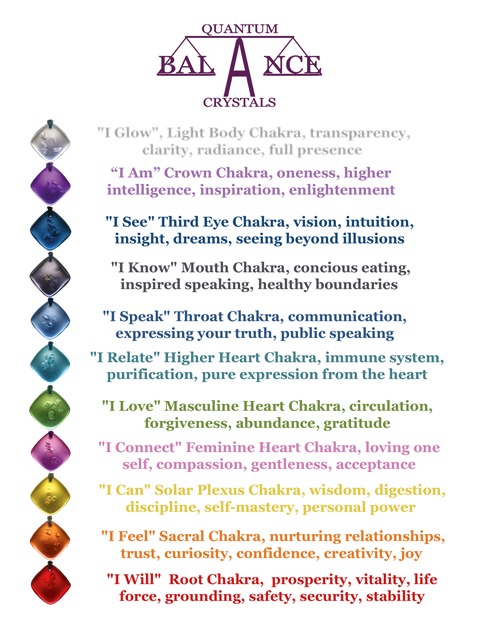Self-Hypnosis and Subliminal Technology
by Eldon Taylor
MYTHS AND MISCONCEPTIONS
I’d like to suggest that all hypnosis is fundamentally self-hypnosis. This idea
isn’t original to me, for one of the real pioneers of modern hypnosis, Dr. Milton
Erickson, made this statement many years ago. The fact is that hypnosis is based
on suggestibility, and you must be willing to accept the suggestions, or there will
be no so-called trance state. That’s not to say that gifted hypnotists aren’t able to
disarm any defenses you might have, but the fact remains that you are the key
to a successful hypnotic session. However, there are still a number of myths and
misconceptions that are worth covering.
Myth: I Can’t Be Hypnotized
There are some who believe they can’t be hypnotized, but this is incorrect.
Everyone—or nearly everyone—can be. Hypnosis does require the ability to
concentrate, so the only people who aren’t susceptible are the very young or those
who are of well below average intelligence and have problems focusing.
Myth: I Will Lose Control
One of the most commonly held myths is the idea that a person will do things under
hypnosis that he wouldn’t otherwise do. Anyone who has seen or heard about a
stage hypnosis show will tell you that there were people barking like dogs and doing
other things they wouldn’t normally do. The fact is, they might not ordinarily behave
in this manner, but they would if they could hide behind some excuse.
Let me provide an example: There are people who would really like to be funny, to
be entertainers, to be the center of attention, but who are afraid of rejection. What
if they fail? What if they aren’t funny? What if they have stage fright? You get the
picture. This personality type provides the perfect subject for the stage hypnotist.
For while these folks hide behind the safety net of the hypnotist that “makes” them
do things, they’re able to perform in ways that they’ve always wanted to. Think
about it this way: If the person volunteers to be a participant, isn’t he or she already
predisposed to play the role?
Stage hypnotists are skillful at selecting their subjects among the volunteers.
Further, they’re masters at detecting those subtle clues that predict the cooperation
level of the volunteer. The truth is, you don’t need hypnosis to achieve the same
behavior that you can observe on the stage. In fact, the best of the entertainers have
dumped the word hypnosis in favor of other terms, such as suggestibility, that better
define their activities. However, the entire notion that someone else has control
over you has no place in a self-hypnosis session, for you’re both the hypnotist and
the subject.
Myth: Only the Weak-Minded Can Experience Hypnosis
Some believe that hypnosis is something only weak-minded people experience. In
fact, quite the opposite is true. Hypnosis is a natural state that’s dictated by brain-
wave activity, which I’ll cover in greater depth in my book, Self-Hypnosis and
Subliminal Technology. For now, this is what you need to know:
1. Normal consciousness is referred to in terms of brainwave cycles as beta. This is a
state equal to 15 cycles per second and up, typically 15 to 30 cycles per second.
2. Below beta is alpha, a state typically thought of as represented by 8 to 14 cycles
per second of brain-wave activity when measured by an EEG.
3. Below alpha is theta, which is 4 to 7 cycles.
4. Below that is delta.
Alpha and theta brain-wave patterns are those manifest when the subject is in
hypnosis. These brain-wave cycles are also those present when sleeping, and
perhaps this partially explains why so many hypnotists use the word sleep. Entering
hypnosis is indeed similar in the sense that brain-wave activity follows the same
pattern, and visualization while in hypnosis can be very much like the rapid eye
movement (REM) experience during sleep.
Myth: Hypnosis Is Just Deep Sleep
Over the years, I’ve used hypnosis in a variety of applications, including forensic
work. I’ve hypnotized subjects who were able, in that condition, to provide
significant additional factual material relevant to criminal investigations. Many
of these subjects later told me that they didn’t feel hypnotized. This shows the
falsehood of the myth that hypnosis is a deep sleep. Indeed, you’ll find that
should you need to open your eyes for some reason, you’ll do so and your mind
will be clearer than if you’d been in the so-called normal state of consciousness,
to say nothing of a deep sleep. In that sense, you’re more prepared to respond
appropriately to your environment.
You Are Always in Control!
Although we’ve now dispelled the most common myths about hypnosis, you should
also know right from the start that you’re always in control—you can always end a
hypnosis session whenever you choose. Whether it’s a guided session by me on the
CD that accompanies Self-Hypnosis and Subliminal Technology or an experience
led by anyone else, including yourself, you can simply open your eyes and will the
hypnosis session to be over.


